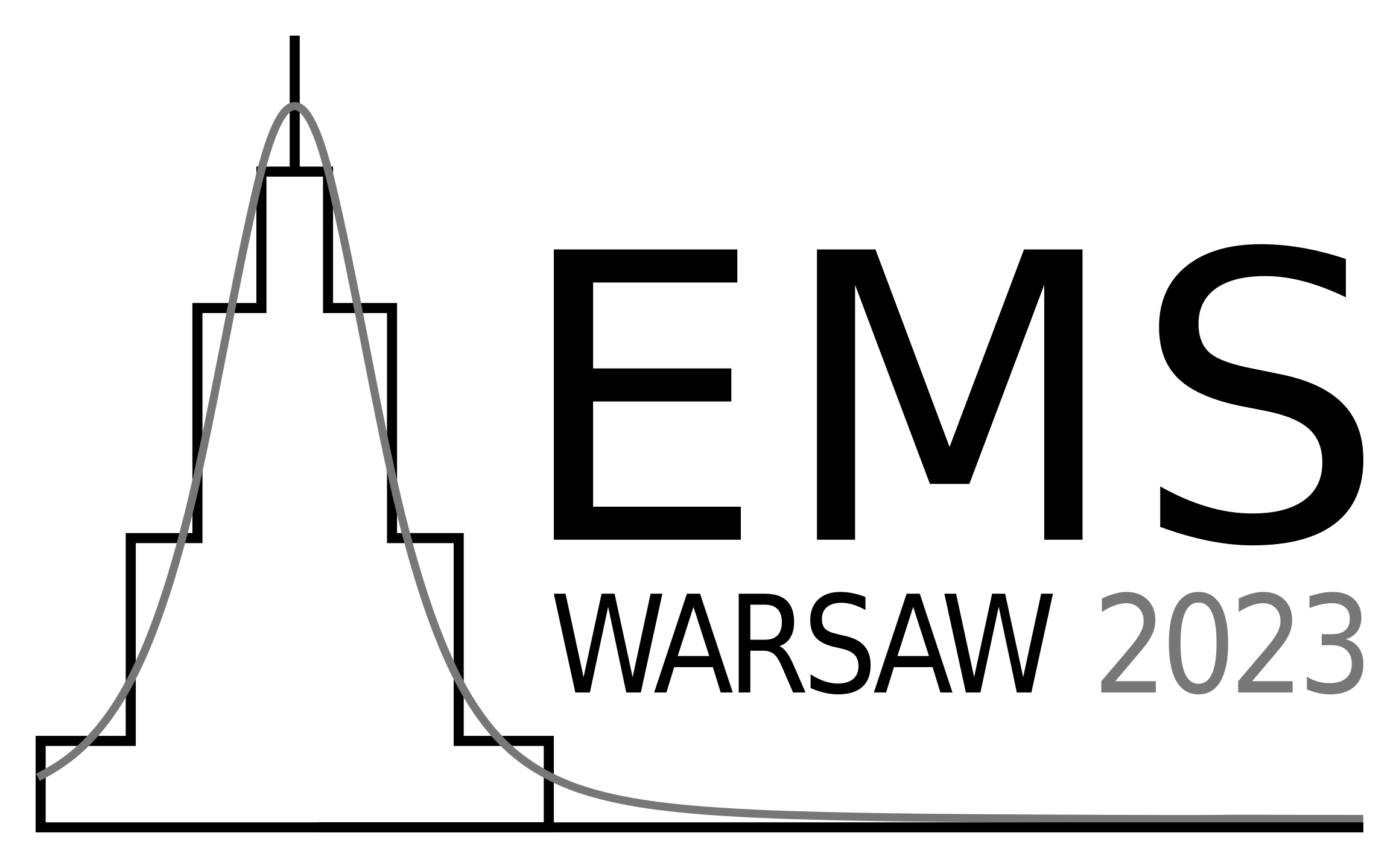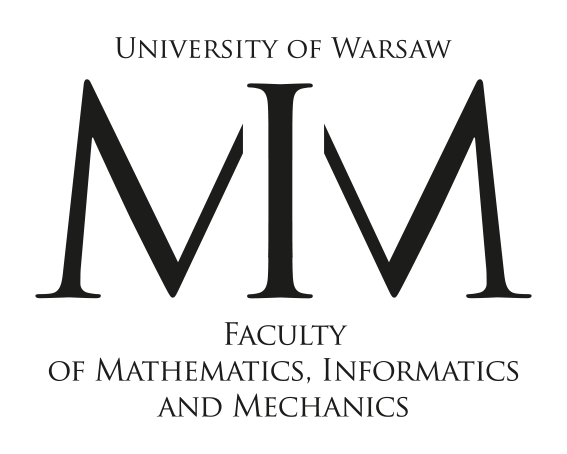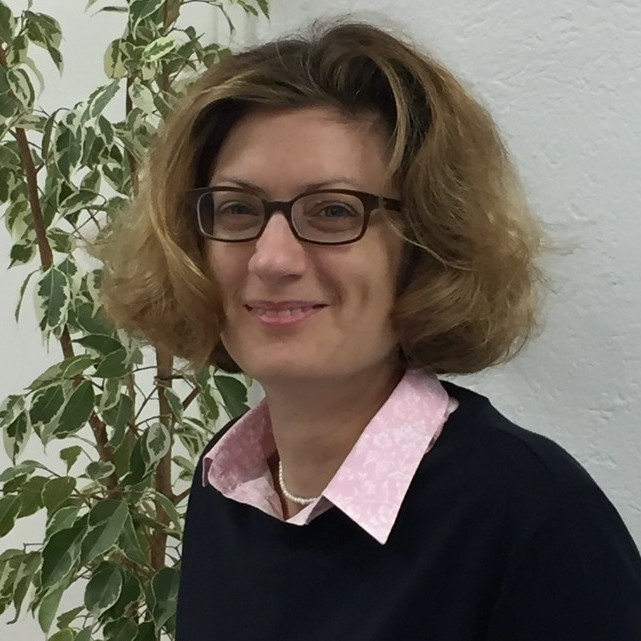 OPENING LECTURE – Angelika Rohde (University of Freiburg)
OPENING LECTURE – Angelika Rohde (University of Freiburg)
Angelika Rohde received her Ph.D. at Universität Heidelberg and Universität Bern for the dissertation on New Multiscale Approaches to Nonparametric Statistical Inference. Her professional career includes a postdoctoral fellowship at CREST/HEC/Ecole Polytechnique, Paris. Next, she was a junior professor of Stochastics at Universität Hamburg, associate professor for Mathematical Statistics at Ruhr-Universität Bochum and since 2016 she is a full professor of Mathematical Stochastics at Albert-Ludwigs-Universität Freiburg. Her scientific interests concern mainly mathematical statistics (adaptive inference under constraints, nonparametric statistics of stochastic processes, transfer learning) and probability theory (esp. stochastic analysis).
 FORUM LECTURE – Gérard Biau (Sorbonne University, Paris)
FORUM LECTURE – Gérard Biau (Sorbonne University, Paris)
Gérard Biau is a full professor at the Probability, Statistics, and Modeling Laboratory (LPSM) of Sorbonne University, Paris. His research is mainly focused on developing new methodologies and rigorous mathematical theory in statistical learning and artificial intelligence while trying to find connections between statistics and algorithms. He was a member of the Institut Universitaire de France from 2012 to 2017 and served from 2015 to 2018 as the president of the French Statistical Society. In 2018, the French Academy of Sciences awarded him the Michel Monpetit-Inria Prize. He is currently the director of the Sorbonne Center for Artificial Intelligence (SCAI).
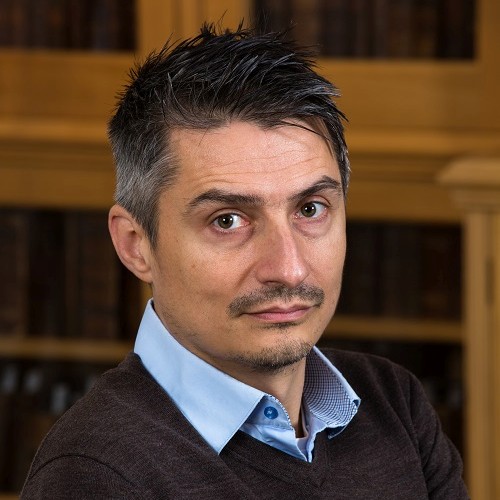 EUROPEAN MATHEMATICAL SOCIETY COOPERATION LECTURE – Arnaud Doucet (University of Oxford)
EUROPEAN MATHEMATICAL SOCIETY COOPERATION LECTURE – Arnaud Doucet (University of Oxford)
Arnaud Doucet obtained his Ph.D. from the University of Paris-XI in 1997. Ever since he has held faculty positions at the University of Cambridge, Melbourne University, the University of British Columbia, and the Institute of Statistical Mathematics (Tokyo). He joined Oxford University in 2011 where he is currently a Statutory Professor (Oxford speak for chair) in the Department of Statistics. Since 2019, he is also a Senior Research Scientist at Google DeepMind. He was an IMS Medallion lecturer in 2016, was elected an IMS Fellow in 2017, and was awarded the Guy Silver medal of the Royal Statistical Society in 2020.
 SPECIAL INVITED LECTURE – Po-Ling Loh (University of Cambridge)
SPECIAL INVITED LECTURE – Po-Ling Loh (University of Cambridge)
She grew up in Madison, Wisconsin. After graduating from the California Institute of Technology with a BS in math and minor in English, she moved to UC Berkeley, where she subsequently earned an MS in computer science and Ph.D. in statistics. From 2014-2016, she was an assistant professor in the Department of Statistics at the Wharton School of the University of Pennsylvania. From 2016-2020, she was an assistant and then associate professor in the Department of Electrical and Computer Engineering and the Department of Statistics at the University of Wisconsin-Madison. She was a visiting associate professor in the Department of Statistics at Columbia University from 2019-2020. In 2021, she began my appointment at the University of Cambridge.
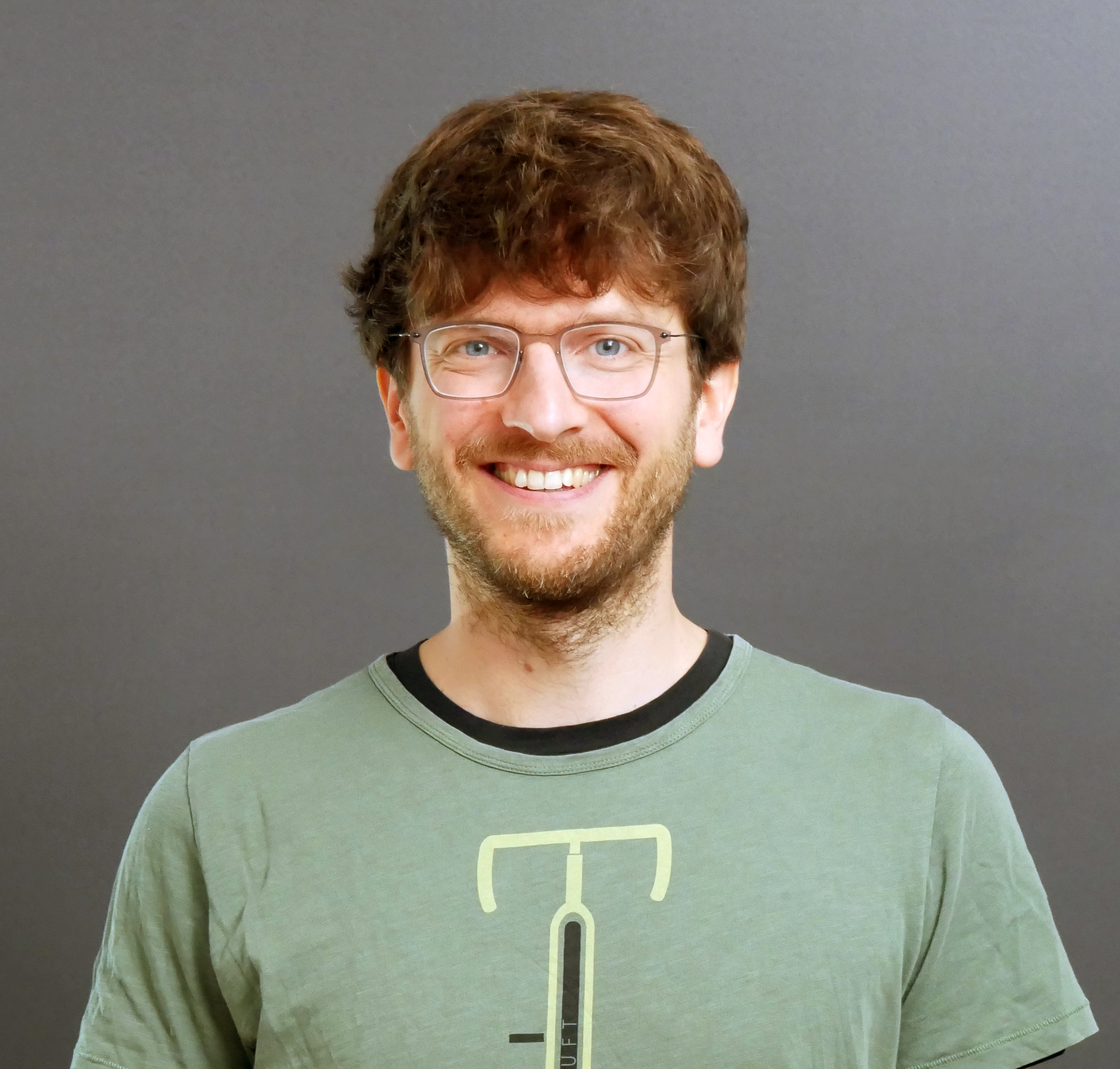 SPECIAL INVITED LECTURE – Jonas Peters (ETH Zurich)
SPECIAL INVITED LECTURE – Jonas Peters (ETH Zurich)
Jonas is a professor of statistics at the Department of Mathematics at ETH Zurich. Previously, he has held positions at the Department of Mathematical Sciences at the University of Copenhagen and the Max-Planck-Institute for Intelligent Systems in Tuebingen. He studied Mathematics at the University of Heidelberg and the University of Cambridge and obtained his Ph.D. jointly from MPI and ETH. He is interested in inferring causal relationships from different types of data and in building statistical methods that are robust with respect to distributional shifts. In his research, Jonas seeks to combine theory, methodology, and applications. His work relates to areas such as computational statistics, causal inference, graphical models, and testing independence.
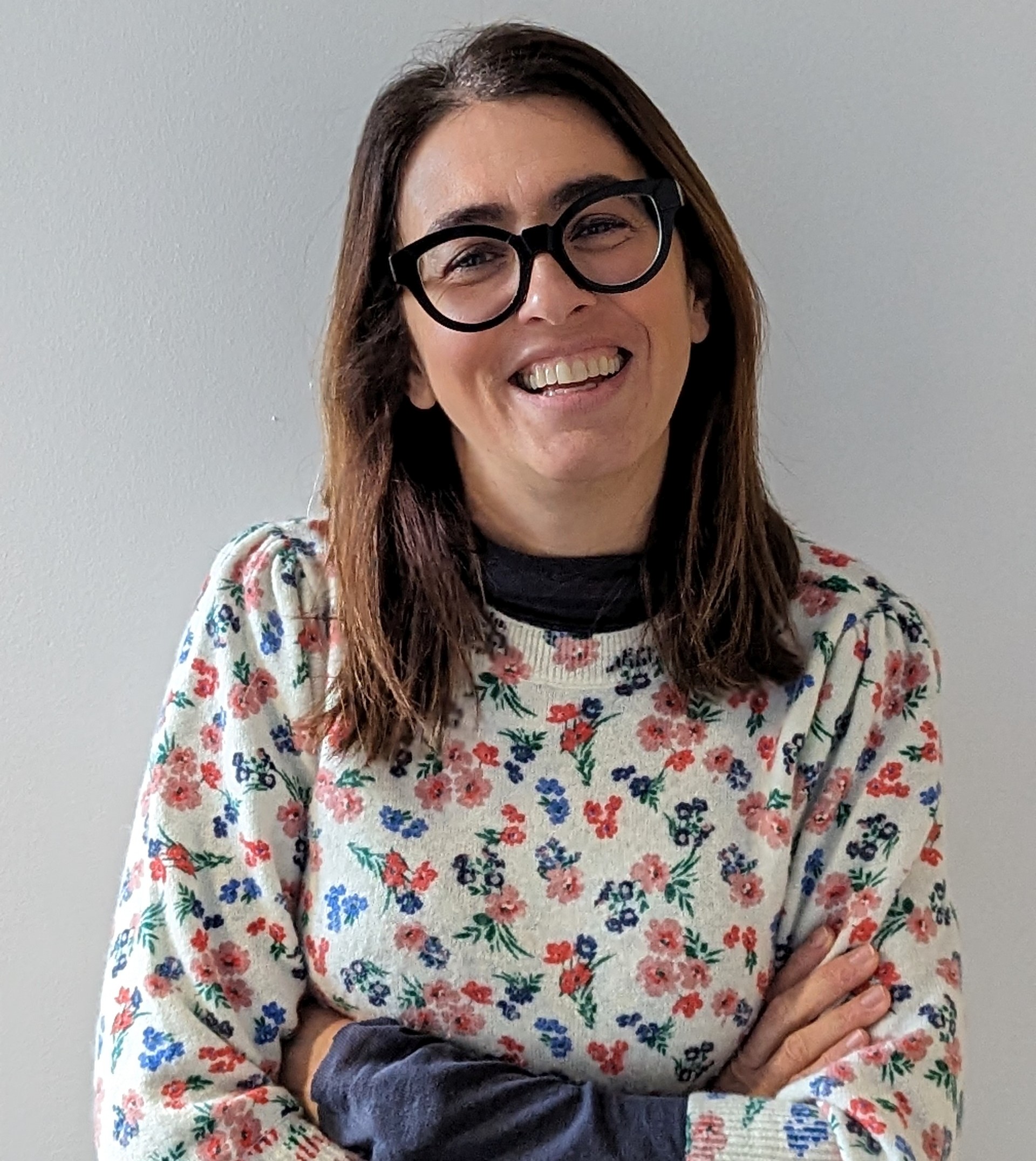 CLOSING LECTURE – Marta Blangiardo (Imperial College, London)
CLOSING LECTURE – Marta Blangiardo (Imperial College, London)
Marta Blangiardo is a professor of Biostatistics in the Department of Epidemiology and Biostatistics at Imperial College London and leads the Biostatistics and Data Science theme of the MRC Centre for Environment and Health. She is one of the PIs of the Turing-RSS Health Data lab and has an honorary academic contract with the UK Health Security Agency. Her main interests are related to the methodological aspects of environmental exposure estimation and spatial and spatiotemporal models for disease mapping and for risk assessment.
